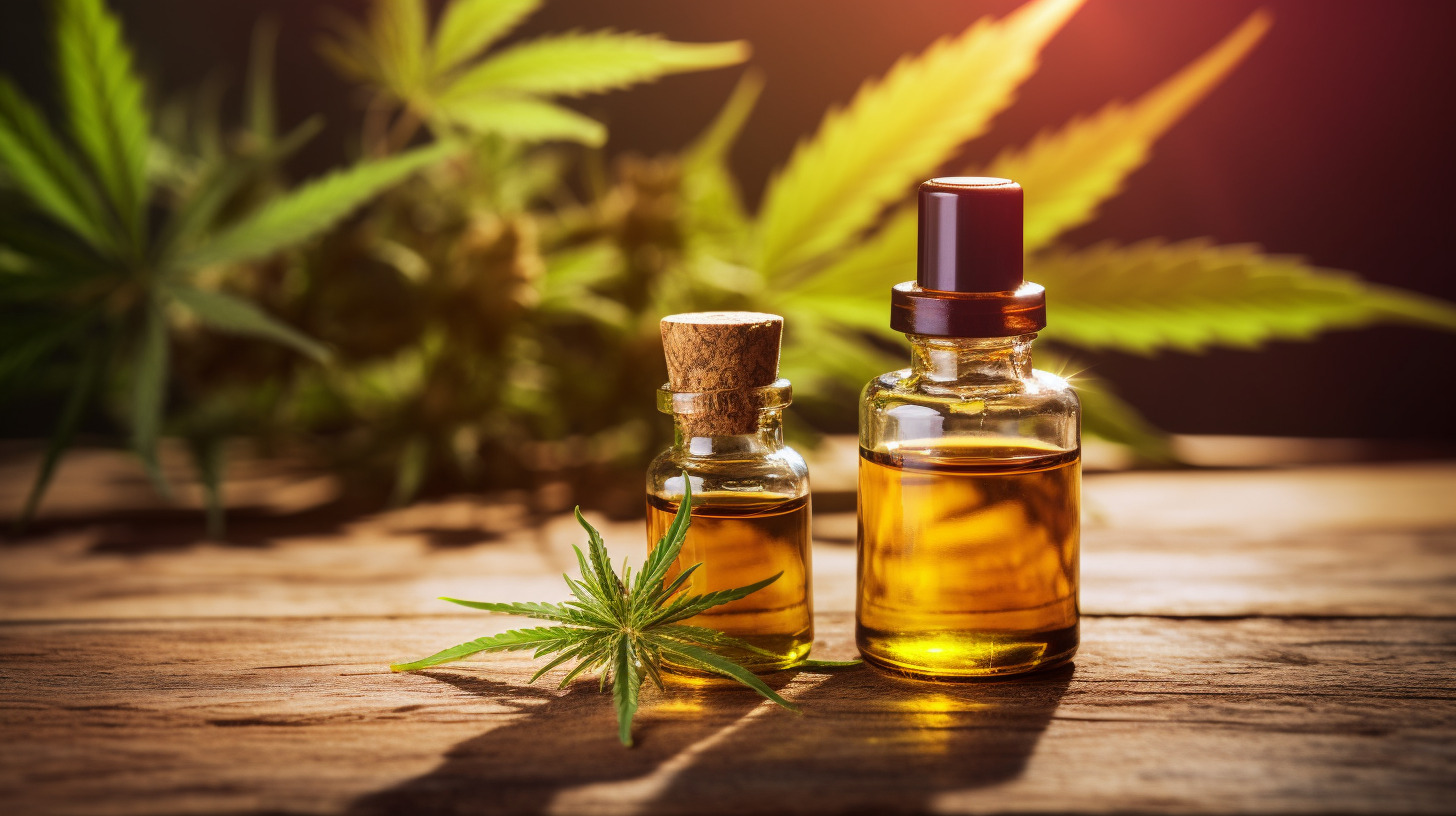
What Is CBG Oil?
If you’re looking for a comprehensive, natural solution to tackle inflammation and its debilitating effects, you’re in the right place. Welcome to the new era
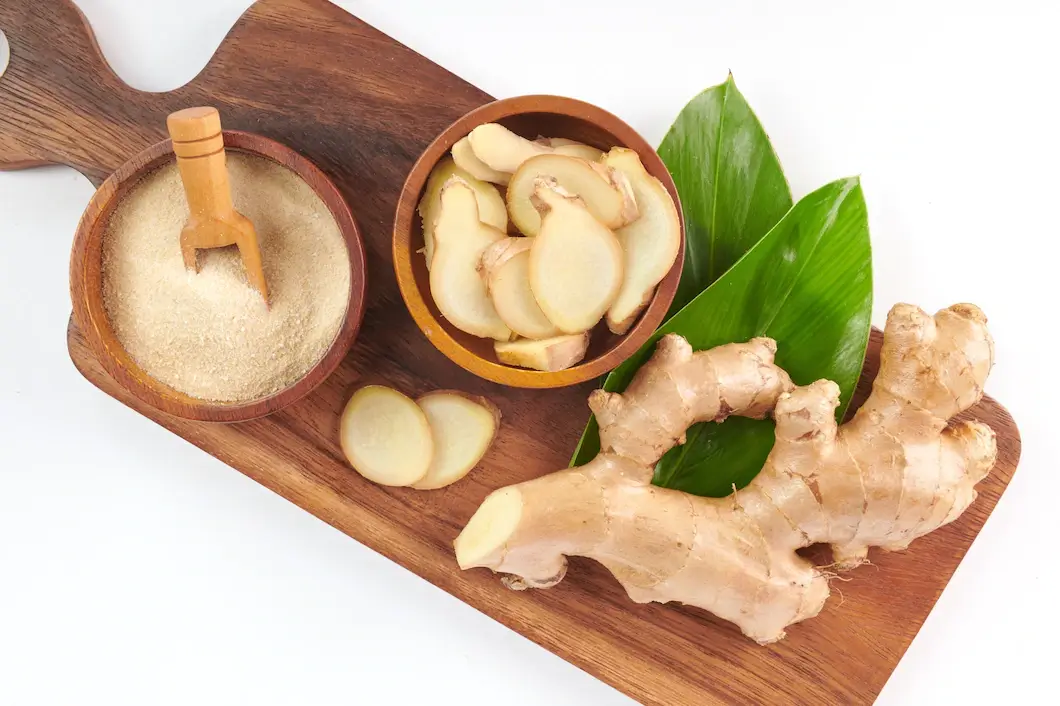
Ginger has become a popular spice in European cuisine after its use in Asian cooking. Many people praise its health benefits. Let’s look at what we should know about this legendary plant, how to consume it, and what studies say about its potential.
Common ginger (Zingiber officinale) is a flowering plant native to Southeast Asia. Its root is widely used as a spice and medicinal herb, and it is closely related to turmeric, cardamom, and galangal. The word “zingiber” comes from the Greek word “zingibers,” which originated from the Sanskrit name for the spice “singabera.”
Its use was known in ancient India and China, and in the 1st century AD, traders brought this plant to the Mediterranean region.
The ginger plant’s leafy stems grow to about 1 meter in height, and its leaves are approximately 15-30 cm long. The ginger flowers are dense, cone-shaped spikes that are about 2.5 cm thick and 5-8 cm long. Each cluster contains small, yellow-green and purple flowers.
Ginger is propagated by planting rhizomes, and during harvest, the rhizomes, also known as ginger roots, are dug up, cleaned, and dried in the sun.
Dried ginger root has an irregular shape, and its color ranges from dark yellow to light brown.
In addition to its beneficial effects, ginger works well as a spice and flavor enhancer. It can be added to various foods such as vegetables, sweets, beverages, and pickles.
Ginger can also be used to make tea by steeping it in boiling water, and honey can be added for taste.
Many believe that ginger tea and honey ginger are helpful for cold symptoms, while others swear by grated ginger for a cold. Raw ginger should be peeled before consumption.
The dosage of ground ginger is proportional to fresh ginger, although the taste of fresh and dried ginger differs slightly.
Powdered dry ginger root is commonly used in gingerbread or other pastries and cookies.
What is ginger good for? This herb has a long history in both traditional and alternative medicine. According to Chinese medicine, it aids digestion, reduces nausea, and helps fight the flu and common cold, to name a few of its effects.
The unique aroma and taste of ginger come from its natural oils, with gingerol being the most important. It is largely responsible for the plant’s physiological effects, as studies have investigated whether gingerol can reduce oxidative stress caused by excessive free radicals in the body.
Ginger has also been used as a natural stimulant for enhancing sexual arousal and libido.
It is even said that Madame du Barry, the famous mistress of King Louis XV, often served it as an aphrodisiac due to its effects on men.
What is ginger tea good for? Many people use it to alleviate menstrual cramps, but the effects of ginger have been a significant topic of research for a while.
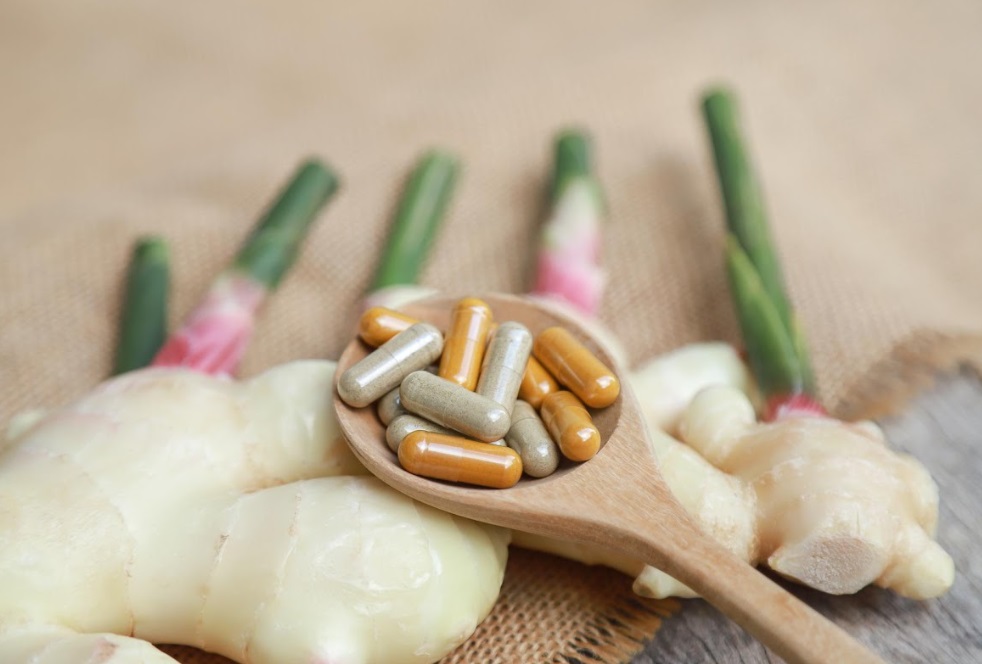
Most ginger-related studies examined doses ranging from 250 mg to 1 g, taken one to four times daily. The U.S. Food and Drug Administration (FDA) considers ginger root generally safe, with a maximum recommended daily dosage of 4 g.
The USA Medical Turmeric Ginger Capsule contains organic turmeric powder, curcumin, ginger extract, and Bioperine® black pepper extract for excellent absorption. If you’d like to try other premium-quality supplements, you can explore our webshop for other dietary supplements!
These statements have not been evaluated by the Food and Drug Administration. These products/services are not intended to diagnose, treat, cure, or prevent any disease.

If you’re looking for a comprehensive, natural solution to tackle inflammation and its debilitating effects, you’re in the right place. Welcome to the new era

The Invisible Enemy Within You wake up feeling groggy, your joints ache, and that old neck pain seems to have returned. No, it’s not just

CBG oil has been creating waves in the health and wellness industry, and for good reasons. But with any health trend, it’s crucial to separate
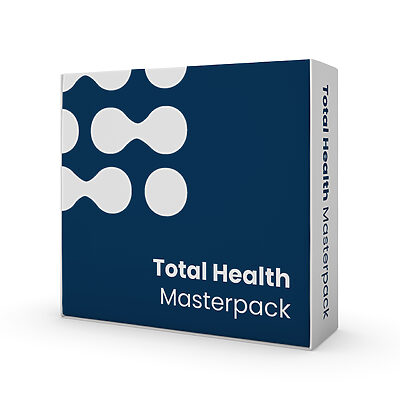
In stock | Free shipping
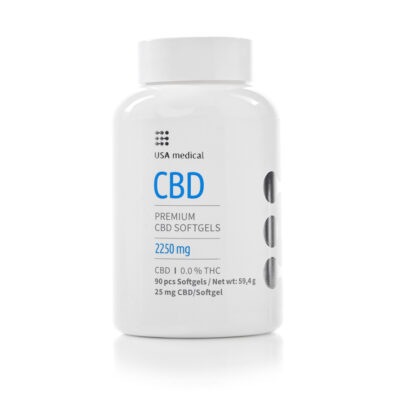
In stock | Free shipping
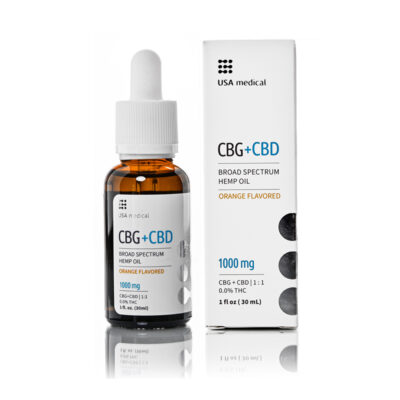
In stock | Free shipping
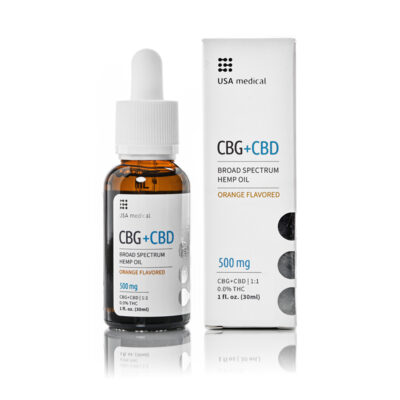
In stock | Free shipping
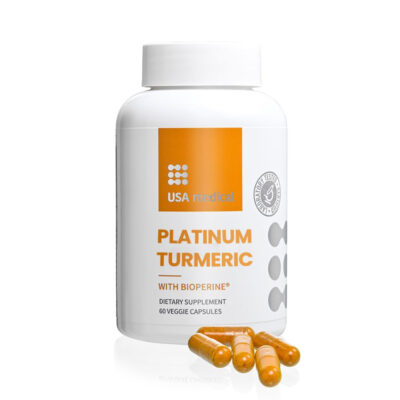
In stock | Free shipping
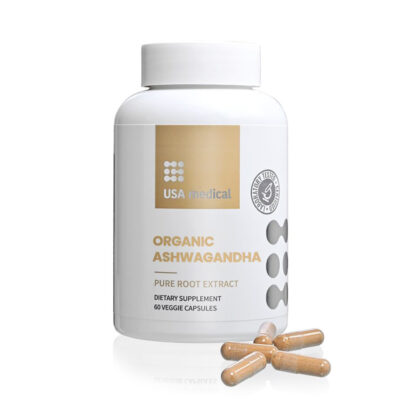
In stock | Free shipping
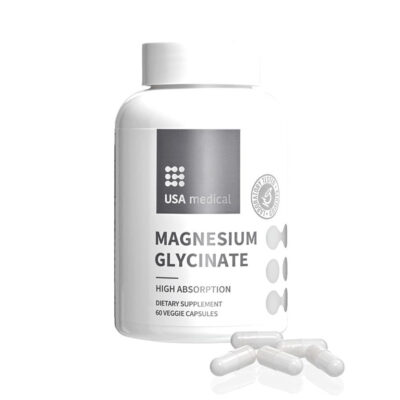
In stock | Free shipping

In stock | Free shipping

In stock | Free shipping

In stock | Free shipping

In stock | Free shipping

In stock | Free shipping
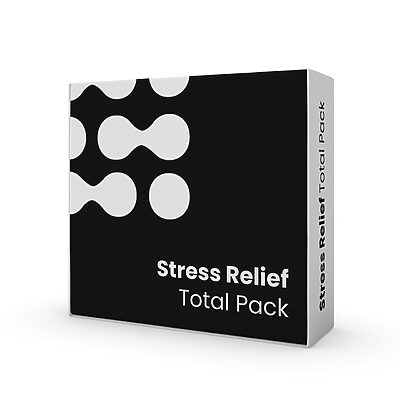
In stock | Free shipping

In stock | Free shipping
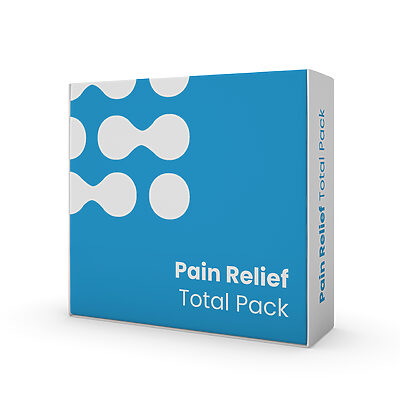
In stock | Free shipping